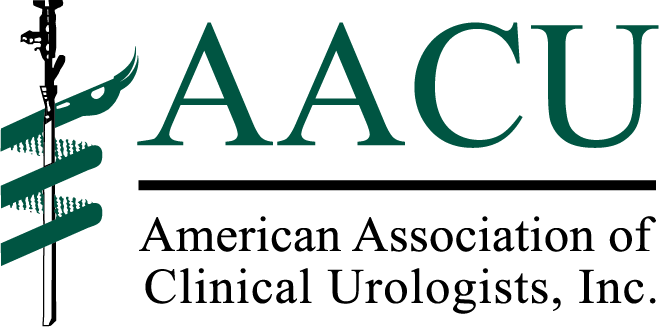|Articles|July 16, 2020
Virtual advocacy: A paradigm shift for urology
Author(s)William C. Reha, MD, MBA

"Virtual or in person, what matters is... bringing our specialty’s voice directly to the people who create and enforce the policies impacting our profession," Reha writes.
Advertisement
